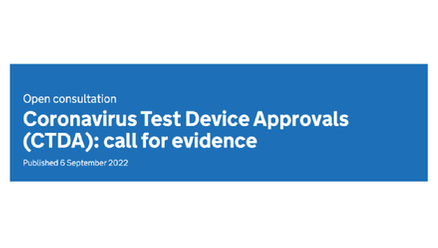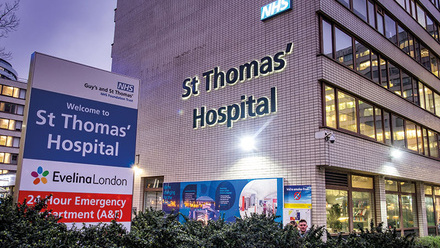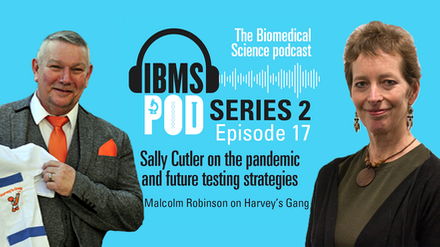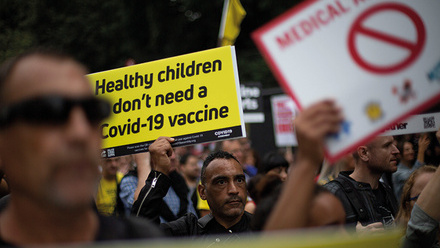The UK must avoid a 'Wild West Testing' scenario
As President of the Institute of Biomedical Science (IBMS), I speak on behalf of the biomedical scientists and laboratory staff working in NHS hospital laboratories across the UK and stress my concern about the shortage of COVID-19 testing supplies needed to meet the government’s 100,000 tests a day target.
The 17,000 NHS laboratory workers that I represent are increasingly expressing their frustration. They have applied themselves innovatively to increase COVID-19 testing capacity and have the platforms ready so that the NHS laboratories are able to meet the Secretary of State’s ambitious target but they are still not able to source the testing kits and reagents they require.
It concerns me when I see significant investments being made in mass testing centres that are planning to conduct 75,000 of the 100,000 tests a day. These facilities would be a welcome resource and take pressure off the NHS if the issue around testing was one of capacity. However, we are clear that it is a global supply shortage holding biomedical scientists back, not a lack of capacity.
NHS laboratory managers have already maximised testing capacity, by funnelling their limited test kits to the larger NHS laboratories. The profession is now rightly concerned that introducing these mass testing centres may only serve to increase competition for what are already scarce supplies and that NHS testing numbers will fall if their laboratories are competing with the testing centres for COVID-19 testing kits and reagents in a ‘Wild West testing’ scenario. The UK must avoid this for the sake of patient safety.
It is clear that two testing streams now exist: one delivered by highly qualified and experienced Health and Care Professions Council (HCPC) registered biomedical scientists working in heavily regulated United Kingdom Accreditation Services (UKAS) accredited laboratories, the other delivered mainly by volunteer unregistered staff in unaccredited laboratories that have been established within a few weeks.
This has presented another key concern – in that we have not been involved in assuring the quality of the testing centres and are now being kept at arm’s length from their processes, even when they exist close to large NHS laboratories.
HCPC registration and UKAS laboratory accreditation exist to protect patients and the public and the IBMS would be happy to share our knowledge and decades of experience with the new mass testing centres to help provide assurance regarding the quality of testing processes and outputs. We would also like the NHS laboratories to work closely with the mass testing centres, to merge into one stream – pooling our collective resources, skills and experience to deliver the 100,000 daily tests promised by the Secretary of State.
Finally, I would like to personally thank the biomedical scientists and laboratory staff who are going above and beyond to help the nation through this pandemic. My concerns reflect theirs and are rooted in their desire to protect the most ill and vulnerable in our society. We all want to work together with the government and offer our help to save as many lives as possible.
We believe that begins with an open and clear dialogue about the issues that the NHS is facing around the supplies required for COVID-19 testing, and how to maximise testing capacity across the UK and ensure the quality of test results.
This statement has been circulated to all major media outlets and MPs





